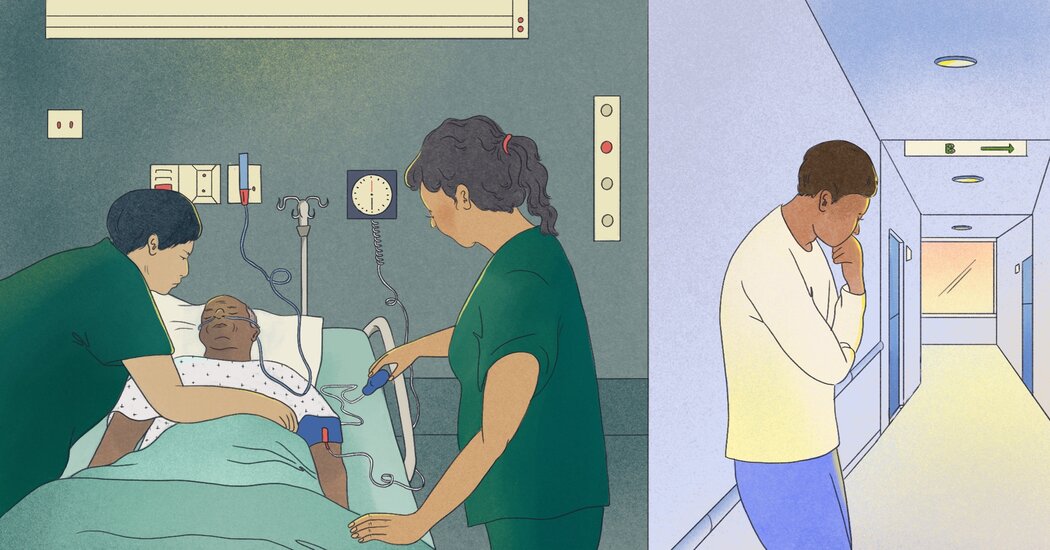A “do not resuscitate” order can help you communicate your priorities for medical treatment. Here’s what to consider — and how to increase the chances that your wishes are upheld.
A “do not resuscitate” order instructs medical workers in and outside of a hospital not to restart your heart if it stops. It prohibits CPR and associated resuscitative measures, including electrical shocks to the heart, intubation, ventilation and certain medications.
A D.N.R. can be a powerful way to communicate your wishes, yet some studies show that medical workers sometimes override them and resuscitate patients who have one. Other research suggests that D.N.R.s sometimes get misinterpreted as “do not treat,” and medical workers may incorrectly assume that patients with D.N.R. orders don’t want other lifesaving interventions, like dialysis or treatments in the intensive care unit.
Here’s what to know and how to increase the likelihood that your wishes are upheld.
Why consider a D.N.R.?
If you are sick or frail, the harms of CPR “significantly outweigh the benefits,” said Mathew Pauley, a bioethicist at the Kaiser Permanente hospital system in California. Even if CPR revives you, which research shows is unlikely, chest compressions and shocks can cause debilitating injuries like broken bones, punctured lungs and burns. Some who survive CPR have lasting cognitive impairments because of oxygen deprivation.
People with D.N.R.s tend to be older adults with serious health conditions. In a 2011 study in Canada, some D.N.R. patients wanted to avoid resuscitation because their quality of life was already low or because they feared resuscitation would lower it even more. Others wanted to minimize the emotional and financial burden on their families as well as the costs to society. Some D.N.R. patients said they wanted to die naturally when their time came.
How to ensure your wishes are upheld
Talk to your doctor and select a form.
Whatever your reasons for considering a D.N.R., communicate your priorities, logic and expectations to your medical providers, said Dr. Max Vergo, a palliative care doctor for Dartmouth Health in New Hampshire. Start with a clinician who sees you regularly. Medicare covers advance care planning costs during annual checkups.
